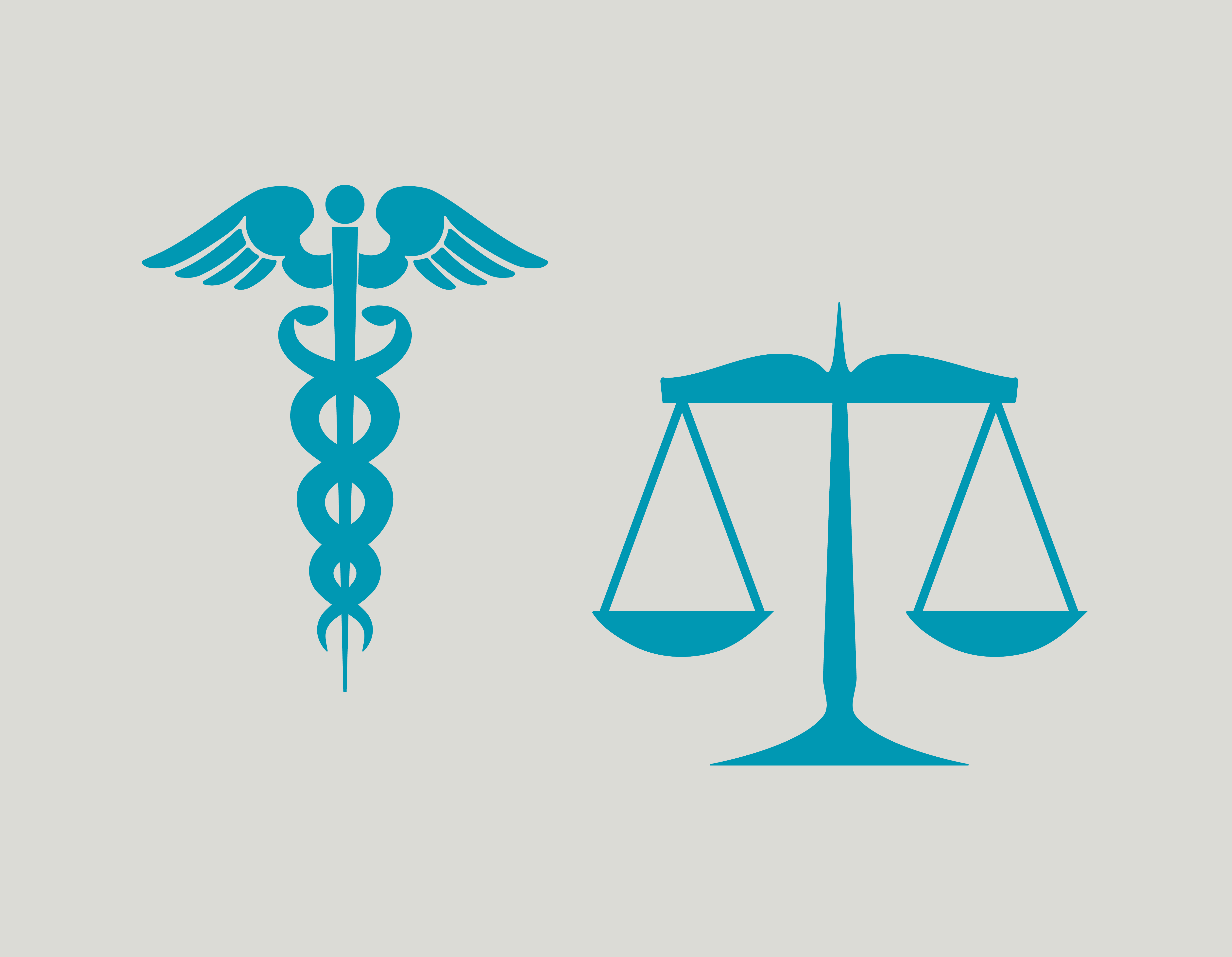
EJUSA recently secured its first-ever partnership with a health foundation – signaling a new leap forward in efforts to link public health and criminal justice.
There has been a lot of national discussion about the need to treat violence as a public health issue, or to use a public health approach to justice reform. But what does that mean, exactly? And how to translate that important dialogue into action?
EJUSA, with the generous support of the Healthcare Foundation of New Jersey (HFNJ), will explore those questions in a new pilot program on trauma in Newark, New Jersey. HFNJ is a foundation dedicated to reducing disparities in healthcare in Newark. This investment in justice system transformation represents an exciting new area of commitment for the foundation.
“Our work in Newark over the past 20 years,” said Marsha Atkind, Executive Director/CEO of The Healthcare Foundation, “has taught us how challenging an environment the city is for the low income, underserved people who live and work there and for those who respond to their needs. We are excited that our partnership with EJUSA will help first responders and residents alike understand and deal with the trauma that they all too frequently experience and that prevents them from being all that they can be.”
The pilot will bring together police officers, community leaders, healthcare providers, and violence interrupters in Newark for both trauma training and visioning to develop trauma-informed responses to violence that can be adopted by the police department in the future.
EJUSA’s pilot work in Newark will train 125 police officers, community leaders, healthcare providers, and counselors to understand the innovative ways in which trauma-informed skills can transform our responses to violence. This will ensure that trauma survivors and witnesses have adequate resources and support in the wake of violence; that police officers have skills to de-escalate and support those in need; and that officers who experience what is known as secondary or vicarious trauma can adopt healthy practices for themselves.
“Collaboration between justice reform advocates and health advocates is essential to transforming the justice system to one rooted in healing, with racial justice and accountability front and center,” said Fatimah Muhammad, Director of EJUSA’s Trauma Advocacy Initiative.
Fatimah designed the program and galvanized support from the Mayor’s Office, Health Department, the Police Department, the Association of Black Psychologists, and community leaders for its implementation. The project will use a nationally recognized trauma training model from the Substance Abuse and Mental Health Services Administration’s (SAMHSA) GAINS Center for Behavioral Health and Justice Transformation.
The current national dialogue about the role of law enforcement and their relationship to communities of color creates an urgent and significant opportunity to address trauma in building community health and safety. Police practices can play an important role – for either good or harm.
We are hopeful that this pilot work will expand as communities demand a justice system that promotes healing and trust, not harm. And we are grateful to the Healthcare Foundation of New Jersey for taking this leap into promising new territory to create that system.



